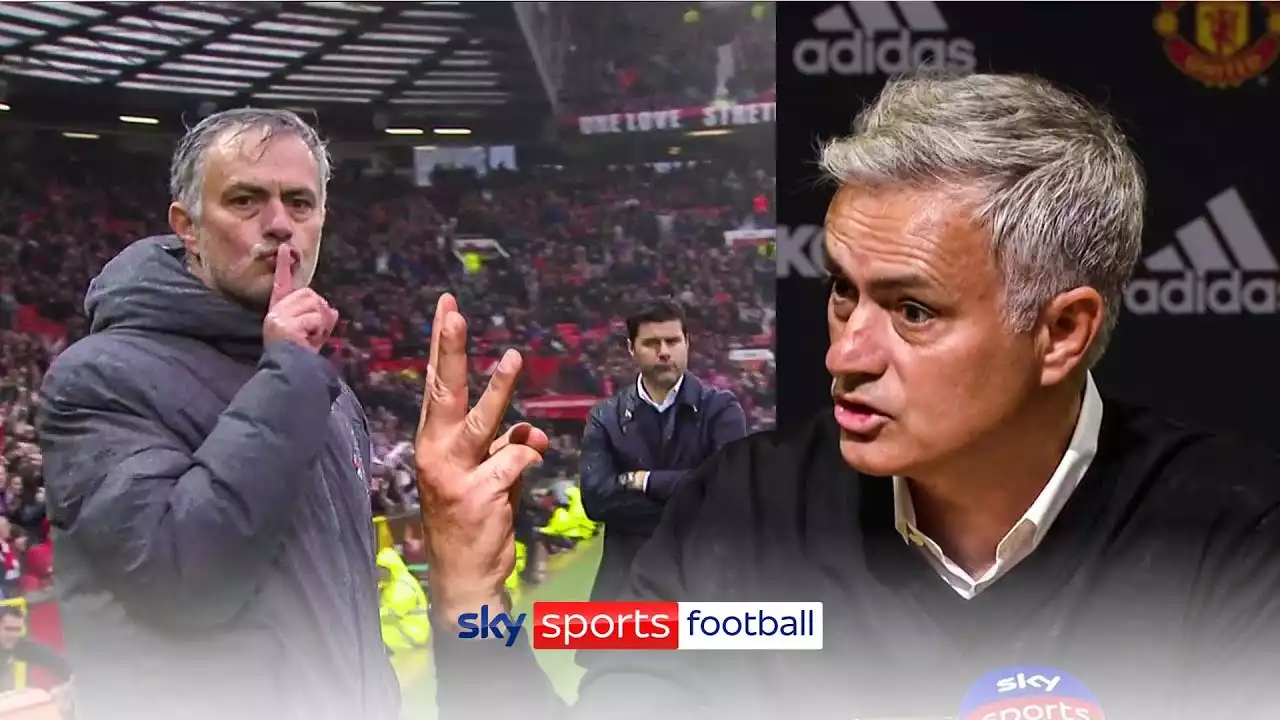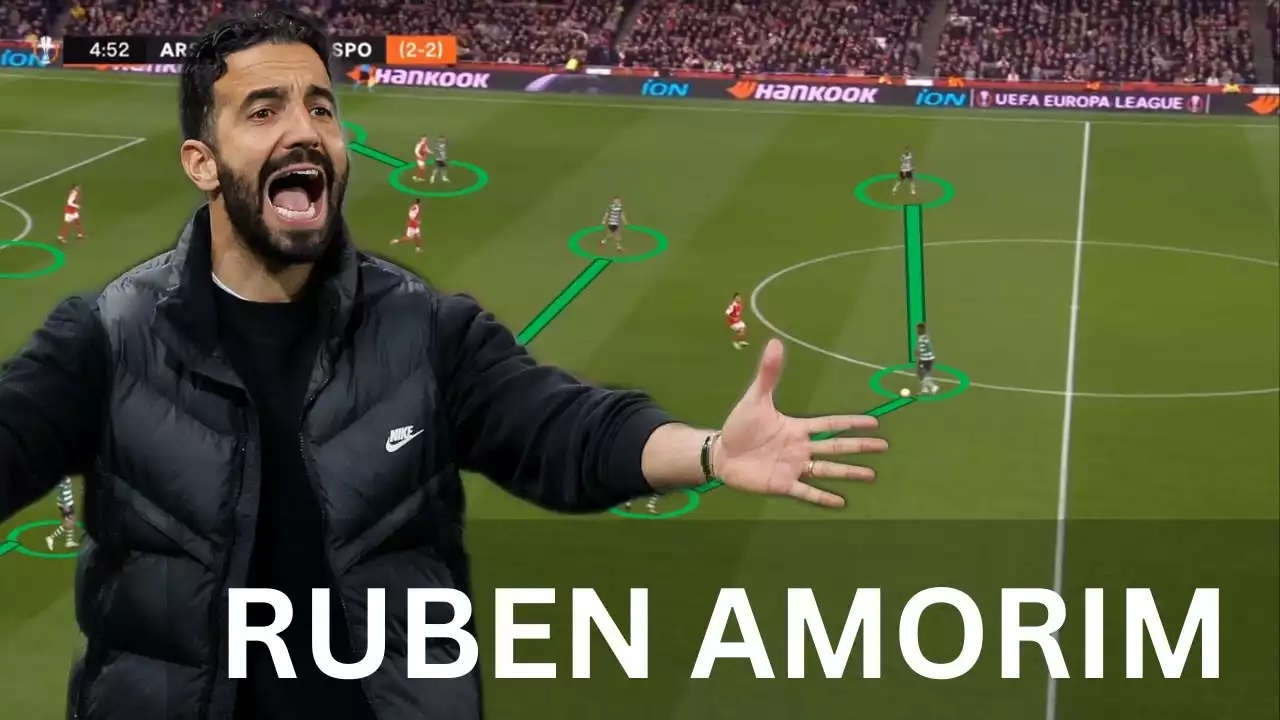Autocratic managerial style in Liga Portugal
The autocratic managerial style is characterized by a top-down approach, where the manager makes decisions without much input from the players or coaching staff. In Liga Portugal, there have been instances of managers who adopt this style to exert full control over the team. These managers are authoritative figures who demand discipline and obedience from their players. They have a clear vision of how the team should play and impose their strategies on the players.
However, the autocratic managerial style can have its drawbacks. Players may feel suppressed and lack the freedom to express themselves creatively on the pitch. This can result in a lack of motivation and a decrease in team morale. Additionally, the manager's decisions may not always align with the players' abilities, leading to a disconnect between the manager's vision and the team's performance.
Despite these challenges, some managers have successfully employed the autocratic style in Liga Portugal. They have been able to create a disciplined and organized team that follows their instructions to the letter. These managers are highly respected by their players and have achieved remarkable success by instilling a strong sense of unity and discipline within the team.
Democratic managerial style in Liga Portugal
In contrast to the autocratic style, the democratic managerial style emphasizes collaboration and participation. Managers who adopt this approach value the input and opinions of their players and coaching staff. They encourage open communication and decision-making processes that involve everyone in the team. In Liga Portugal, there are managers who believe in empowering their players and fostering a sense of ownership.
By involving players in decision-making, managers can tap into their expertise and unleash their potential on the field. Players feel valued and motivated, knowing that their opinions matter. This style also encourages teamwork and cooperation, as players are more likely to support decisions they have been a part of.
However, the democratic managerial style can sometimes lead to decision paralysis, as too much consensus-seeking can slow down the decision-making process. It can also be challenging for the manager to strike the right balance between involving players and maintaining their authority. Nevertheless, managers who successfully employ the democratic style in Liga Portugal have been able to create a harmonious and collaborative team environment that brings out the best in their players.
Laissez-faire managerial style in Liga Portugal
The laissez-faire managerial style is characterized by a hands-off approach, where the manager gives players a high degree of freedom and autonomy. In Liga Portugal, there have been instances where managers adopt this style, allowing players to express themselves creatively on the pitch without much interference.
This style can be beneficial for players who thrive under minimal supervision and prefer to take ownership of their performance. It allows for individuality and encourages players to take risks and showcase their skills. Players feel a sense of trust from the manager, which can boost their confidence and motivation.
However, the laissez-faire style can also have its drawbacks. Without proper guidance and direction from the manager, players may lack structure and discipline. This can result in a lack of team cohesion and inconsistent performances. Additionally, there is a risk of players becoming complacent or taking advantage of the freedom given to them.
Successful managers who adopt the laissez-faire style in Liga Portugal are able to strike a balance between freedom and accountability. They provide guidance when necessary and create an environment that allows players to flourish while still maintaining a level of discipline and structure within the team.
Transactional managerial style in Liga Portugal
The transactional managerial style is based on a system of rewards and punishments. Managers who adopt this approach set clear expectations and goals for their players and reward them for achieving those goals. In Liga Portugal, there have been managers who employ this style to motivate their players through incentives such as bonuses or playing time.
This style creates a clear framework for players to work within and provides them with tangible rewards for their efforts. It promotes a competitive environment where players are motivated to perform at their best to earn the rewards offered by the manager. The transactional style also allows managers to maintain control and ensure that players adhere to the established rules and expectations.
However, the transactional style can sometimes lead to a focus on individual achievements rather than team success. Players may become more concerned with personal rewards rather than working together towards a common goal. Additionally, the reliance on rewards and punishments can create a transactional relationship between the manager and players, which may not foster long-term commitment and loyalty.
Successful managers who adopt the transactional style in Liga Portugal are able to strike a balance between individual rewards and team success. They establish a culture where players understand that individual achievements are only valuable if they contribute to the overall success of the team.
Transformational managerial style in Liga Portugal
The transformational managerial style is characterized by a focus on inspiring and motivating players to reach their full potential. Managers who adopt this approach are charismatic leaders who have a clear vision and are able to communicate it effectively to their players. In Liga Portugal, there have been managers who employ this style to create a sense of purpose and passion within their teams.
Transformational managers inspire their players through their own enthusiasm and passion for the game. They set high expectations and challenge their players to surpass their limits. They foster a supportive environment where players feel motivated to improve and grow. These managers often act as mentors and role models, providing guidance and support to their players on and off the pitch.
The transformational managerial style can have a profound impact on team performance. Players are more likely to give their best effort when they are inspired and believe in the vision set by their manager. This style promotes a culture of continuous improvement and encourages players to take responsibility for their own development.
Situational managerial style in Liga Portugal
The situational managerial style is based on the idea that different situations require different leadership approaches. Managers who adopt this style are flexible and adaptable, adjusting their approach based on the specific circumstances they face. In Liga Portugal, there have been managers who employ this style to navigate the ever-changing dynamics of the game.
Situational managers are able to assess the needs of their team and make decisions accordingly. They understand that different players require different levels of support and guidance. They are skilled at reading the game and making tactical adjustments to maximize their team's chances of success.
Successful managers who adopt the situational style in Liga Portugal are able to create a dynamic and responsive team that can adapt to different opponents and game situations. They are able to make quick decisions and provide the necessary support to their players when needed. This style allows managers to be proactive and strategic in their approach, increasing their team's chances of success.
The impact of managerial approaches on team performance
The managerial approach employed by a manager has a significant impact on the performance of the team. Different styles can lead to different outcomes and create a unique team culture. The autocratic style, for example, may result in a disciplined and well-organized team, but it may also stifle creativity and motivation. On the other hand, the democratic style may foster collaboration and creativity, but it may also slow down decision-making processes. Each style has its strengths and weaknesses, and managers must carefully consider the impact of their approach on their team's performance.









